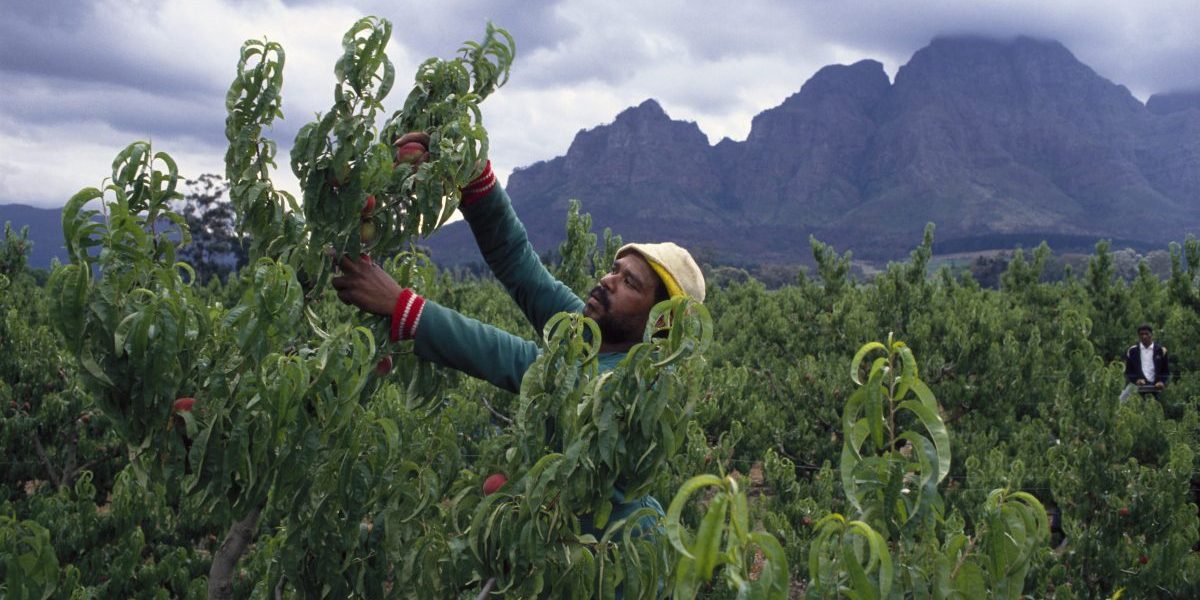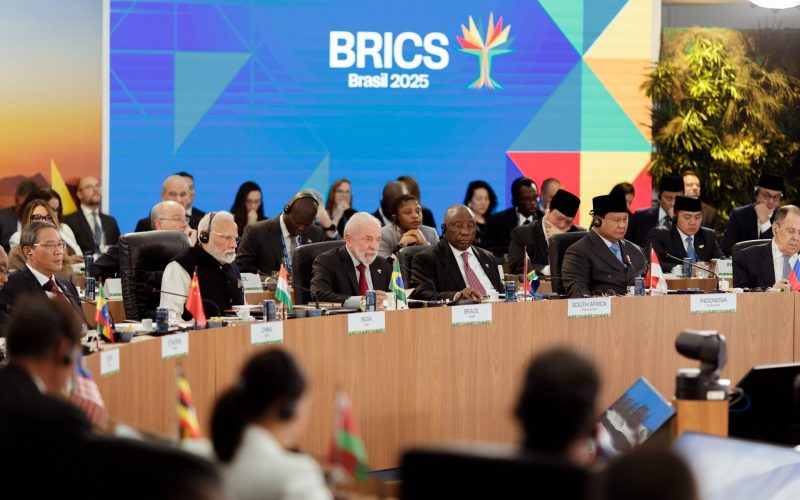Summary:
- The trade war between the US and China was bound to catalyse volatility in the global markets. It likewise created winners out of third-party players that could position themselves as alternative sources for the products that were now subject to exponential tariffs in either country. Insofar as Africa, through Agenda 2063, has focused a large part of its economic development on agriculture (ie, becoming a net food exporter), the trade war would appear to present an opportunity for unprecedented market access and thus growth for its agricultural exports.
- At the onset of the trade war, industry watchers debated whether China’s agricultural demand would be more readily filled by China’s Asian neighbours rather than the geographically distal Africa. In addition, the agricultural producers of Latin America and the Caribbean are more advanced and globally integrated. Moreover, both Asia and Latin America and the Caribbean have long-standing investments in their agricultural sectors that have prepared them for the opportunity presented by the trade war.
- In 2018 and 2019 African regions saw a pattern of declining growth in their agricultural exports to China, unevenly exhibited among three regional blocs (SADC, the EAC and ECOWAS). Other regions, particularly Asia and Latin America and the Caribbean, saw continuous growth in their exports to China. Far from realising its goal of becoming a net food exporter, Africa appears to instead have become an enhanced market for US agricultural exports.
- Engagements in the lead-up to the upcoming FOCAC summit should reflect on how African agricultural produce can be better positioned given the likelihood of continued strains in the US–China relationship.
- The paper concludes with recommendations for African agricultural stakeholders, including the AU, national governments and producers, with the next FOCAC summit a chance to correct previously missed opportunities








